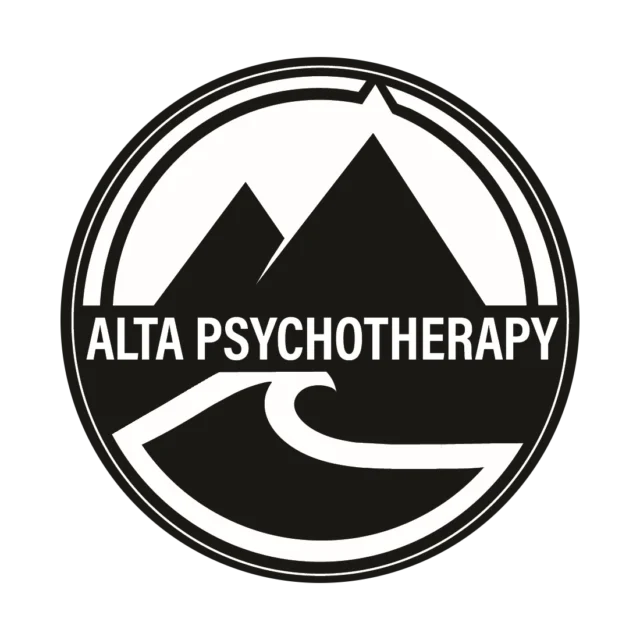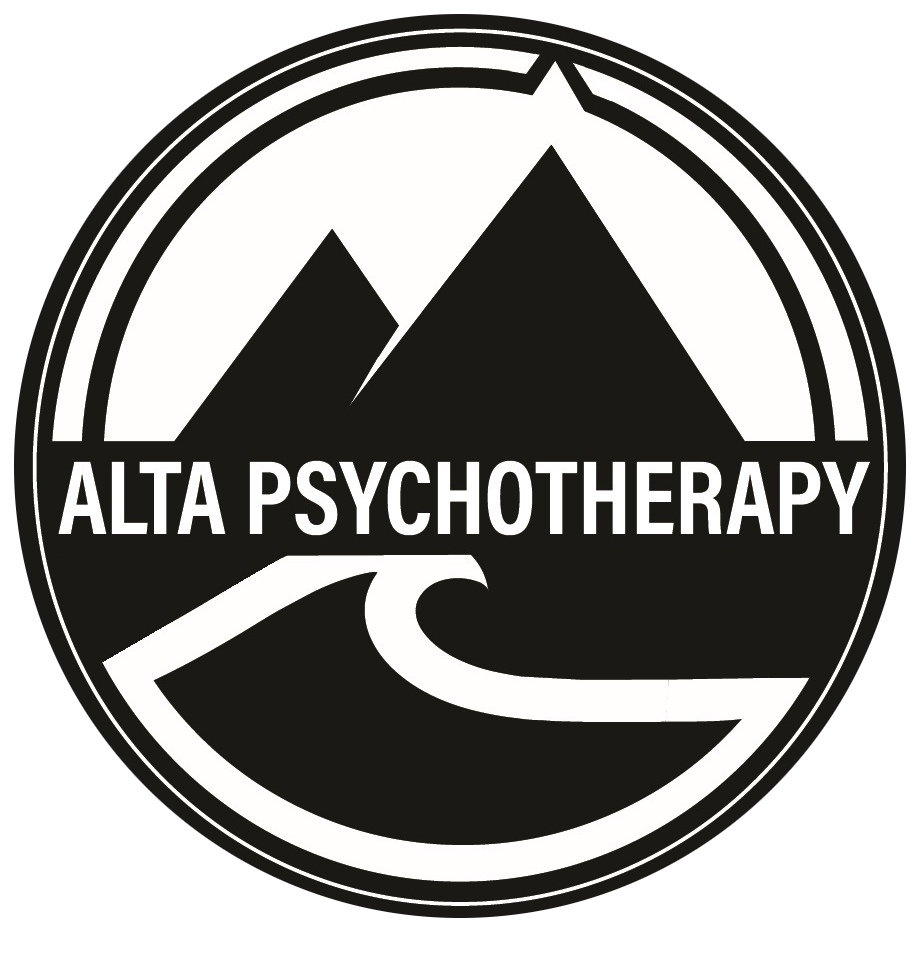ALTA IMMERSIVE WORKSHOPS:
COGNITIVE SKILLS CAMPS
 Alta Therapy recognizes coaches across all disciplines of extreme and adventure sport carry the responsibility of teaching lifesaving skills to new participants.
Alta Therapy recognizes coaches across all disciplines of extreme and adventure sport carry the responsibility of teaching lifesaving skills to new participants.
The knowledge passed down is the culmination of life experience, science and experimentation, and concrete understanding of the sport itself.
Activities that are considered “extreme” partly advance in technology and level of difficulty because of incidents and precedents experienced by other people in the past. We all learn from one another and continue to grow together.
ACUITY PROMOTES SAFETY
Each sport requires gear-checks,
and a solid plan prior to executing maneuvers.
Mental check-ins are a critical facet of the very same gear-checks.
SPORTS PSYCHOLOGY:
ELEVATING ATHLETIC PERFORMANCE
ALTA THERAPY’S APPROACH
Alta’s workshops support teams and community members in various disciplines—such as skydiving, BASE jumping, freediving, mountaineering, rock climbing, motocross, jiujitsu, and more—to develop advanced techniques, foster mental resilience, and build a strong foundation for peak performance.
We will take your performance to the next level with a proven approach that combines technical refinement and mental preparedness. Our workshops equip participants with tools to strengthen communication, motivate, significantly reduce performance nerves, and empower the community to excel under pressure.
You’ll build lasting camaraderie and support networks by connecting with other athletes who share your drive, all while boosting your confidence, resilience, and safety awareness in extreme environments.
Some instructors in extreme sports have been practicing their craft for a very long time, both as educators and as participants, and feel they have their teaching style down pat. Some instructors are ready for a growth phase of their personalized teaching technique, and others are brand new to teaching.
Therefore, the thought of learning and applying new sport psychology tools may seem daunting or even unnecessary to some instructors and coaches for various reasons. Luckily, most sports psychology tools are simple and can be used to support coaches and enthusiasts wherever they are in their careers.
Our educational workshops and individual sports consulting are designed to suggest ways of being more efficient and aware, promoting extreme sports as challenging, exhilarating, but mostly intentional and hopefully safer. In addition, there are master-class psychology skills that Alta Therapy can teach to improve an educator’s approach or an athlete’s approach at the highest levels as well.
Sports Psychology Strengthens Communication and Performance
Clear lines of communication and substantive feedback are critical to ensuring a student or competitor’s overall success in their sport, as well as measuring effectiveness of coaching.
For Instructors and Coaches:
Clear lines of communication and substantive feedback are critical to ensuring a student or competitor’s overall success in their sport, as well as measuring effectiveness of coaching.
For Students
These tools can greatly improve the student’s ability to remain focused longer, notice when focus is lost and use best practice judgement and skill while continuing to process new information, increase information retention speed, and increase the probability of keeping safe.
Creating an environment that encourages open communication in the coach-athlete relationship allows coaches to understand their athletes and the mental, emotional, somatic difficulties they are having. This awareness can lead to support and assistance when overcoming obstacles throughout their career.
Benefits of Mental Coaching for Athletes
☑️ Mental Resilience: Athletics can be as demanding mentally as it is physically. Psychotherapy equips athletes with techniques to build mental resilience, manage stress, overcome performance anxiety, and develop effective coping strategies. By strengthening your mental fortitude, you can push past your limits and perform at your best under pressure.
☑️ Performance Visualization: Visualization is a powerful technique used by many successful athletes. Psychotherapy helps you harness the full potential of visualization by developing a vivid mental imagery of achieving your goals. By consistently visualizing success, you can enhance your confidence, improve your technique, and optimize your performance.
☑️ Emotion Regulation: Emotions play a significant role in athletic performance. Psychotherapy enables you to understand and regulate your emotions effectively. By developing emotional intelligence, you can manage the highs and lows of competitive sports, maintain focus, and make rational decisions when it matters most.
☑️ Enhancing Concentration: In the fast-paced world of sports, maintaining concentration is crucial. Psychotherapy equips athletes with strategies to improve focus, eliminate distractions, and enter the highly sought-after state of flow. By sharpening your ability to concentrate, you can maximize your performance, react swiftly, and make split-second decisions with precision.
☑️ Injury Recovery and Resilience: Injuries are an unfortunate part of an athlete’s journey, often accompanied by mental and emotional setbacks. Psychotherapy provides support during injury recovery, helping you navigate psychological challenges, maintain a positive mindset, and build resilience. By addressing fears, doubts, and concerns, you can accelerate your recovery and regain your pre-injury performance level.
☑️ Team Dynamics and Communication: Athletics often involves working within a team or under the guidance of coaches. Psychotherapy enhances interpersonal skills, communication, and collaboration within a team setting. By improving team dynamics, you can cultivate a positive and supportive environment that fosters growth, trust, and synergy.
How Can Coaches Incorporate Sport Psychology Concepts?
Coaches can incorporate aspects of sport psychology into practice and in the form of games. Sport psychology concepts are most effective when they are frequently reinforced, are associated with positive memories. Below are five practical ways to integrate sport psychology concepts into your daily coaching routine:
☑️ Before training, discuss your goals for your time together by highlighting what is unique about that day’s activities. Have athletes tell a partner (or other coach), what one thing they hope to improve upon or have a better understanding of by the completion of training.
☑️ Practice relaxation at the start and end of each coaching session. Take one minute to have athletes complete a body scan or a set of rhythmic breathing. Taking this time after training allows athletes to become aware of how their body feels and use these skills with or without coaches around.
☑️ Implement check-ins to create open lines of communication with each athlete and the team. Be aware of the athletes’ emotional and somatic states as they learn new skills. Understand that when athletes learn new skills, they may become frustrated or overstimulated. A check-in may be as simple as asking athletes at the end of practice to share with the group, or a partner, one difficulty and one triumph that occurred
during the practice session.
☑️ Use the “positive sandwich” when providing feedback. When an athlete makes a mistake, instead of telling them what not to do, point out what they did right, give a future-oriented critique, and a word of encouragement. A positive sandwich in volleyball could sound like, “Hey great job getting your feet in place. Next time try not to swing your arms. Keep up the hustle!” This feedback technique provides encouragement and direction in a way that athletes can respond to and improve upon.
How Can Coaches Incorporate Sport Psychology Concepts?
To fully reach their potential, athletes must be supported both physically and mentally as they train and perform. Coaches have the access and the knowledge to understand who their athletes are and what they can become.
Sport psychology allows coaches to leverage their current knowledge and support their athletes and bring them a mental edge during practice and competition.
☑️ Creating and Structuring Goals: Goals can be set in team and individual settings by using the SMART (Specific, Measurable, Achievable, Relevant, and Timely) principle. Based on the athlete or team’s ability, coaches can identify 5-10 goals for the competitive season and discuss progress metrics throughout the season.
☑️ Choosing Effective Self-Talk
One example…
Once a coach helps an athlete identify their self-talk, they can work together to frame reductionary self-talk into more Instructional Self-Talk. Instructional self-talk may remind the athlete, “If I saw myself execute the maneuver once, its humanly possible to do it again, let’s count how long it takes until I nail it, and reduce the scale in between with practice. To do this, I first…” As one example of many, instructional self-talk will direct an athlete how to complete the maneuver next time.
☑️ Collecting, Reading & Using Biofeedback: Athletes experience physical and emotional stress (sometimes distress) during training and throughout the competitive season. Some extreme sports competitions are also hosted year-round, which increases the amount of stress hormones in the body on a consistent basis.
If you are an athlete who reviews performance data using GPS systems and other technological means, intentionally assessing mental states and the body’s muscle tension are additional dimensions of performance feedback critical to the overall equation of progress.
By learning how to quantify and collect biofeedback, athletes gain self-awareness and can reduce performance anxiety, increase accuracy and consistency, and increase overall safety.
Relaxation and focus can be achieved through knowing how to conduct body scans, choosing the most effective respiration pattern (breathwork), choosing a mental visualization technique or engaging in progressive muscle relaxation (PMR). There are countless other techniques we teach as sport-psychology consultants at Alta Therapy.
A Body-Scan assesses different muscles and areas of the body, allowing athletes to evaluate physical sensations and tension levels. This technique is particularly useful before and after intense training, helping athletes develop a deeper awareness of how their body responds to stress and recovery.
We’ve all heard of breathing techniques, but the term is plural for a reason—there are many variations designed to regulate the nervous system and optimize performance.
One example is Ratio-Breathing, where an athlete assigns a specific duration for each inhale and exhale, creating a structured rhythm to enhance focus and control.
At Alta Therapy, we tailor these techniques to each individual, ensuring that every athlete receives personalized strategies to maximize both physical and mental resilience.
How Can Coaches Incorporate Sport Psychology Concepts?
There are many breathing techniques, each with unique effects on the nervous system. Understanding how different breathing patterns influence physiological responses is essential for selecting the right approach in any given situation. By combining specific cadences and techniques, athletes can train their brains to respond optimally, making performance tasks significantly easier and more enjoyable.
One highly effective method is Progressive Muscle Relaxation (PMR), which helps reduce stress and control anxiety. This technique involves systematically tensing and then relaxing specific muscle groups, allowing the body to release built-up tension. PMR can be particularly beneficial before or after competition, helping athletes manage nerves and maintain a state of controlled relaxation for peak performance.
If you’re interested, we would love to hear from you.

